
Nissan confirms customer data was involved in Red Hat security breach
Back in September, US software firm Red Hat suffered a security breach. The incident was not acknowledged until October, but even now the full impact of the breach is unfolding.
Japanese car maker Nissan has just confirmed that it was indirectly affected by the Red Hat security breach. As a result of this, detailed contact information for thousands of customers were accessed by hackers.

Red Hat announces Project Hummingbird to boost cloud-native development
Today’s IT leaders frequently face a critical trade-off between delivery speed and systems security. AI-assisted and -generated coding tools accelerate development cycles, but this speed can run counter to the realities of managing multi-faceted, complicated software components.
This seemingly leaves CIOs with two choices, moving at the speed of business while balancing potential production systems risks, or being overcautious to the point of losing to competitor’s innovations.

Red Hat introduces Developer Lightspeed, an AI-driven assistant to streamline workflows
Red Hat has announced a brand new suite of generative AI tools designed to slot directly into the company’s development ecosystem. The Red Hat Developer Lightspeed platform will allow developers to work more efficiently via context-aware assistance from within Red Hat’s existing toolsets. This includes the Red Hat Developer Hub and the migration toolkit for applications.
The company describes Developer Lightspeed as a response to the growing need for reliable, domain-specific AI tools rather than everyday, general-purpose models.

The Red Hat data breach is worse than first thought
The situation regarding Red Hat’s recent data breach is worsening – both for the company and for its customers. With GitLab instances belonging to the company having been breached by the Crimson Collective, hundreds of gigabytes of data were stolen.
Now the data breach has transformed into a demand for ransom – perhaps predictably. Interestingly, though, the extortion is not being perpetrated by the Crimson Collective, but by ShinyHunters.

Red Hat confirms hackers have breached GitLab instances and stolen data
A group of hackers calling itself the Crimson Collective says that it has compromised GitLab instances belonging to Red Hat and stolen hundreds of gigabytes of data.
Red Hat has confirmed that it has suffered a data breach, but is yet to provide much in the way of details. The hacking group says that it managed to access 28,000 internal development repositories, and has stolen almost 570GB of compressed data.
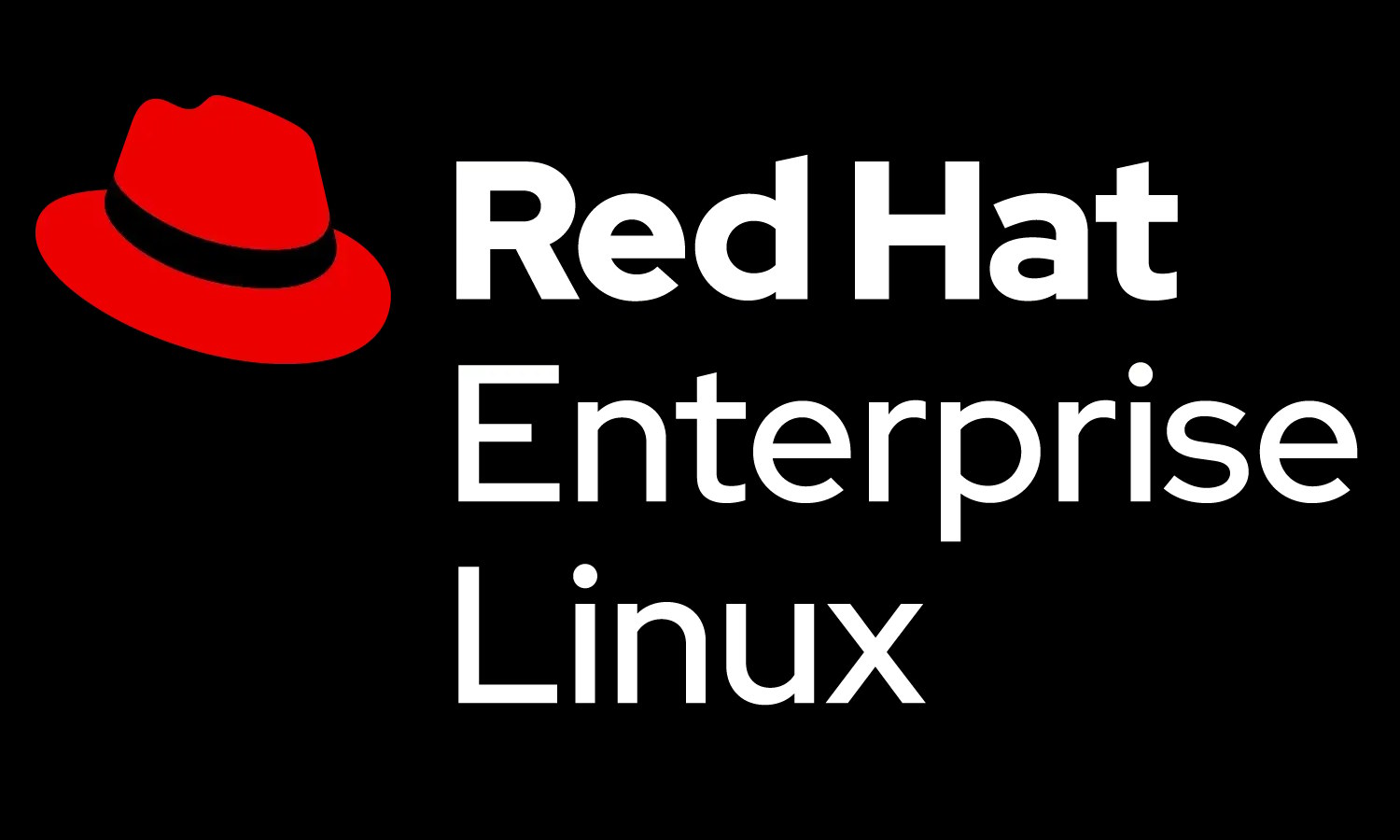
New Red Hat Enterprise Linux for Business Developers is available for free
Linux stalwart Red Hat has announced the general availability of Red Hat Enterprise Linux for Business Developers. Designed for enterprise development use, the new platform is free of charge as Red Hat seeks to make things easier and more accessible for business development teams.
The new self-service offering is made available through the Red Hat Developer Program with the aim of simplifying an increasingly complex IT landscape. Red Hat is looking to assist development teams in building, testing and iterating on applications more quickly and on the same platform that underpins production systems across the hybrid cloud at no cost.

Red Hat Enterprise Linux 10 arrives with AI assistant and post-quantum security
Red Hat has just taken the wraps off Red Hat Enterprise Linux 10, and honestly, there’s a lot for the Linux community to get excited about. You see, this new version brings some real substance, pushing enterprise Linux in directions that truly matter for today’s IT world.
First and foremost, there's Lightspeed -- the new AI-powered assistant baked right into RHEL 10. Instead of spending all day searching for answers or poking through documentation, admins can simply ask questions directly from the command line and get real-time help. This is the kind of smart, hands-on support that can actually make life easier, especially for those just getting started or managing sprawling environments.

Fedora Linux 36 is finally here and it is much better than Ubuntu
Ubuntu is a great Linux-based operating system that seems to get all the attention. Truth be told, however, Fedora is the better Linux distribution. Hell, some would argue it is the overall best distro. Quite frankly, if you are an open source champion, you should be using Fedora. It is the perfect no-nonsense distribution, and best of all, it largely focuses on truly free and open source software.
Today, following some delays, Fedora 36 finally becomes available for download. While hardly an exciting update, this new version of the Linux-based operating system is notable for utilizing GNOME 42 and kernel 5.17. Plus, for those using an NVIDIA GPU and driver, you will now get Wayland by default. You can read full release notes here.

Enterprises more likely to choose vendors who contribute to the open source community
Open source software is usually selected for reasons like flexibility, access to development resources and cost. But the latest State of Enterprise Open Source report from Red Hat shows that 82 percent of decision makers are more likely to choose a vendor that contributes to the open source community.
Top reasons given for preferring these vendors are that they're familiar with open source processes and help sustain healthy communities -- both cited by 49 percent of respondents -- that they can influence the development of features (48 percent) and that they are likely to be more effective in the face of technical challenges (46 percent).
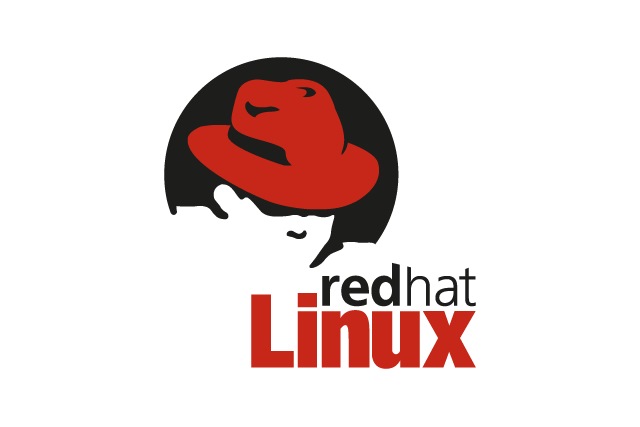
Red Hat Enterprise Linux 9 Beta -- more features for users, fewer headaches for admins
The launch of Red Hat Enterprise Linux (RHEL) 9 Beta today marks a bit of a change from previous releases. While it has many improvements and enhancements that customers have asked for, there are fewer changes that require admins and IT Ops to learn new ways of doing things.
This means anyone already familiar with RHEL 8 should feel at home. Among new features are enhanced web console performance metrics, kernel live patching via the web console, and streamlined image building.
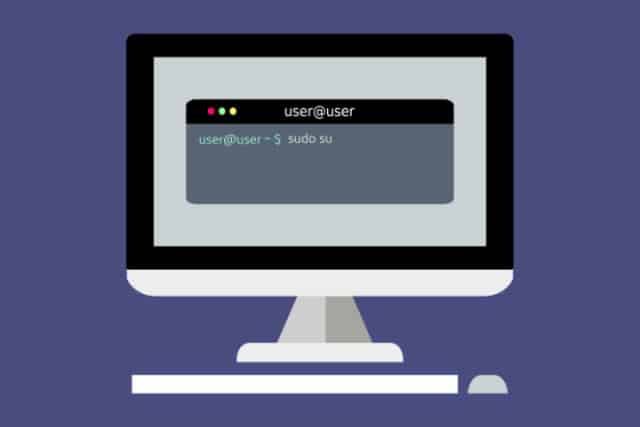
Sudo vulnerability could give attackers root access on Linux systems
Security researchers have revealed details of a vulnerability in Sudo that could be exploited by an attacker to gain root privileges on a wide range of Linux-based systems.
News of the security flaw was shared by Qualys, and it has been described as "perhaps the most significant sudo vulnerability in recent memory". Worryingly, the heap-based buffer overflow bug has existed for almost a decade. It is known as Baron Samedit, tracked as CVE-2021-3156, and affects various versions of Sudo.

IBM Cloud boosts security and productivity with Red Hat OpenShift enhancements
As businesses move to the cloud, they want choice, flexibility, and the ability to easily manage and migrate their critical workloads securely across public clouds, private clouds, and on-premise environments.
To help them achieve this IBM is enhancing the Red Hat OpenShift container platform on IBM Cloud by making OpenShift 4.3 generally available as part of its fully managed service.
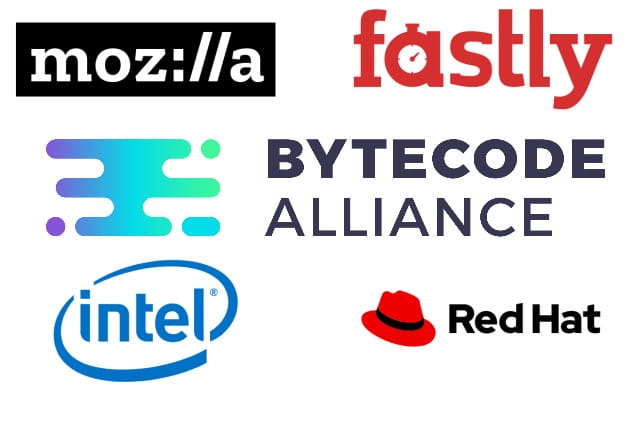
Mozilla, Intel, Red Hat and Fastly join forces, forming Bytecode Alliance to create new software foundations
Four of the biggest names in technology -- Mozilla, Intel, Red Hat and Fastly -- have come together to create the Bytecode Alliance. The joining of forces sees the birth of an, "open source community dedicated to creating new software foundations, building on standards such as WebAssembly and WebAssembly System Interface (WASI)".
One of the aims is to take WebAssembly outside of browsers, taking whatever steps are necessary to ensure a secure ecosystem. More companies are expected to join the four founding member in the coming years.
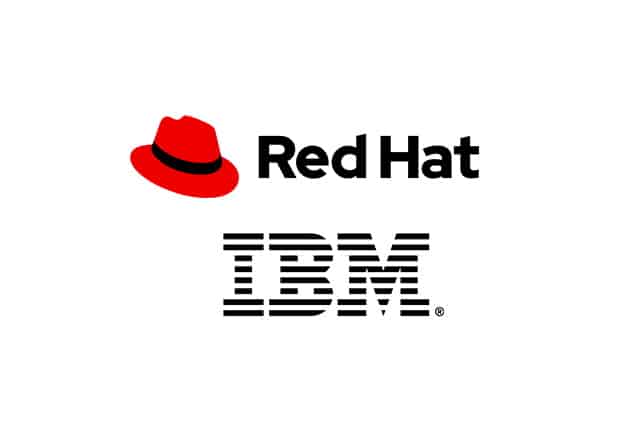
IBM officially acquires Red Hat for $34 billion -- Linux distros are unaffected
IBM has closed its acquisition of Red Hat following the statement of intent back in October. Following the $34 billion deal, Red Hat will operate as a distinct unit within IBM -- and will be reported as part of IBM's Cloud and Cognitive Software segment.
For IBM, the deal means fully embracing open source as it looks to accelerate its business model within the enterprise. For Red Hat, it means expanding its client base and working with a big player in the enterprise cloud business.

Netflix discovers SACK Panic and other Linux security flaws
A number of Linux and FreeBSD servers and systems are vulnerable to a denial of service vulnerability dubbed SACK Panic, as well as other forms of attack.
A total of three security flaws were discovered by Jonathan Looney of Netflix Information Security. A series of malicious packets sent to vulnerable system is all it takes to crash or slow them down -- a remotely-triggered kernel panic. Patches and workaround have been released to help plug the holes.
